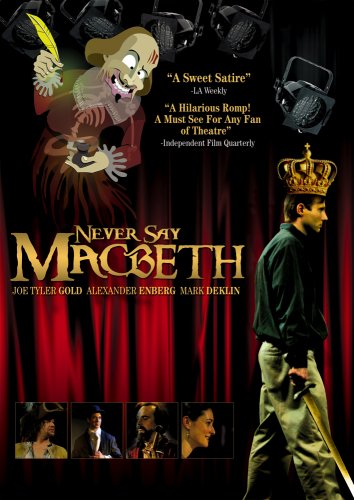 "Midsummer Night's Dream." Perf. Kikuko Inoue, Masami Kikuchi, Yumi Tôma, Aya Hisakawa, and Yuriko Fuchizaki. Dir. Hiroaki Gôda. Oh, my Goddess [Aa! Megamisama!]. Episode 2. Anime International Company. 21 May 1993. DVD. AnimEigo, 2001.
"Midsummer Night's Dream." Perf. Kikuko Inoue, Masami Kikuchi, Yumi Tôma, Aya Hisakawa, and Yuriko Fuchizaki. Dir. Hiroaki Gôda. Oh, my Goddess [Aa! Megamisama!]. Episode 2. Anime International Company. 21 May 1993. DVD. AnimEigo, 2001. In one of the more bizarre bits of serindipity, I chanced across this while searching my local library for a video of Shakespeare's A Midsummer Night's Dream. I found what I was looking for—but the catalogue also suggested a Japanese Anime version of a popular series of Manga with the quasi-blasphemous title "Oh my Goddess." One of the episodes was itself titled "Midsummer Night's Dream."
To the Westerner, the series is quite odd. The show is for older viewers, and it involves a real-life goddess named Belldandy who is conjured up by a college student—who has no idea what to do when she arrives.
The Shakespeare comes in in episode two. As the image above notes, "Even Shakespeare is said to have used . . . a love potion." While that's not exactly accurate—suggesting, as it does, that Anne Hathaway was somehow bewitched into falling in love with the young Will—Shakespeare did use a love potion as a plot device.
In the anime, as in Shakespeare's play, drinking a love potion is sure to bring about undesired results. Observe:
And I think that concludes our series of Shakespeare in Animated Media—for now.
Links: The Wikipedia entry on the series.






































